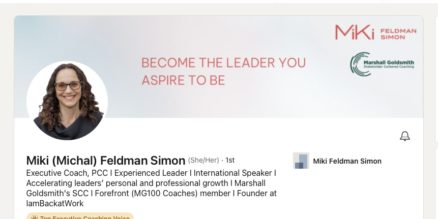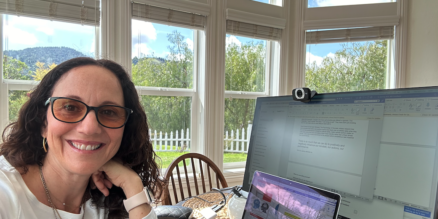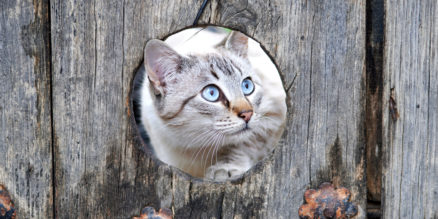I am excited to share that I was recently recognized as a LinkedIn Top Voice in Executive Coaching. I immediately told my husband that we need to celebrate! He said sure, though he was not quite sure what we were celebrating. I explained, that a top voice badge signals being a trusted source of information and insights in your field, adding credibility and authority. I also told him about the work I have been doing towards this recognition.
As I coach my clients to celebrate successes, big and small, empowering them along their journey, I endeavor to do the same. Celebrating success plays a vital role in reinforcing progress and recognizing one’s journey – the work put in, challenges overcome, and lessons learned. It is important to celebrate your own success but also that of your team’s and family members.
Celebrating achievements and success is vital for several reasons:
Motivation and Morale: It boosts morale and motivates individuals or teams to continue striving for excellence. It validates one’s efforts and encourages them to maintain their momentum towards future goals.
Positive Reinforcement: Celebration serves as positive reinforcement for desired behaviors and outcomes. When successes are acknowledged and celebrated, it reinforces the behaviors and actions that led to those accomplishments, fostering habits and a culture of continuous improvement.
Team Building: Celebrating achievements with your team fosters a sense of camaraderie and teamwork among colleagues. It reinforces the idea that success is a collective effort and encourages collaboration and support among team members.
Retention and Engagement: Acknowledging and celebrating achievements contributes to higher job satisfaction and engagement. It demonstrates that one’s contributions are valued and recognized, which can increase retention rates and reduce turnover.
Learning and Growth: Celebrating achievements provides an opportunity for reflection and learning. It allows individuals and teams to analyze what worked well and identify areas for improvement, facilitating continuous learning and growth.
Brand Image and Reputation: Publicly celebrating achievements can enhance your and your organization’s brand image and reputation. It showcases one’s commitment to excellence and success, which can attract top talent and enhance its credibility in the industry.
Celebrating achievements and success not only recognizes individual and collective efforts but also plays a crucial role in fostering a positive work culture, driving motivation, and facilitating continuous improvement and growth.
I want to use this opportunity to thank LinkedIn and all the people who liked and commented on my LinkedIn contributions and supported this journey and achievement!









